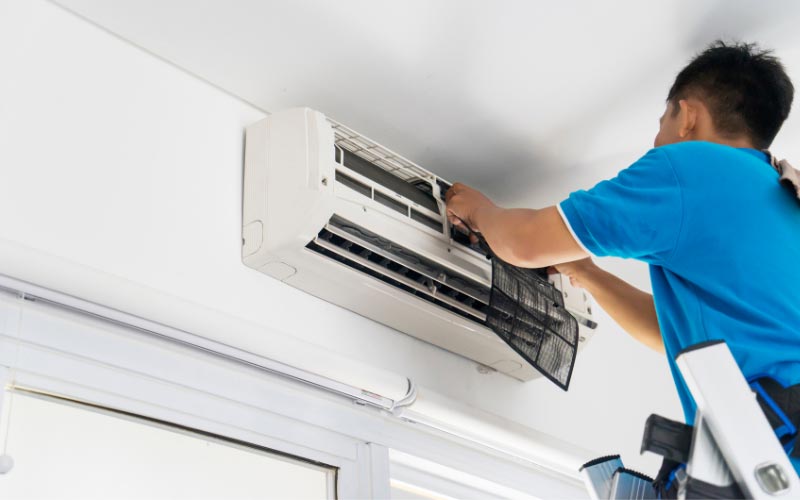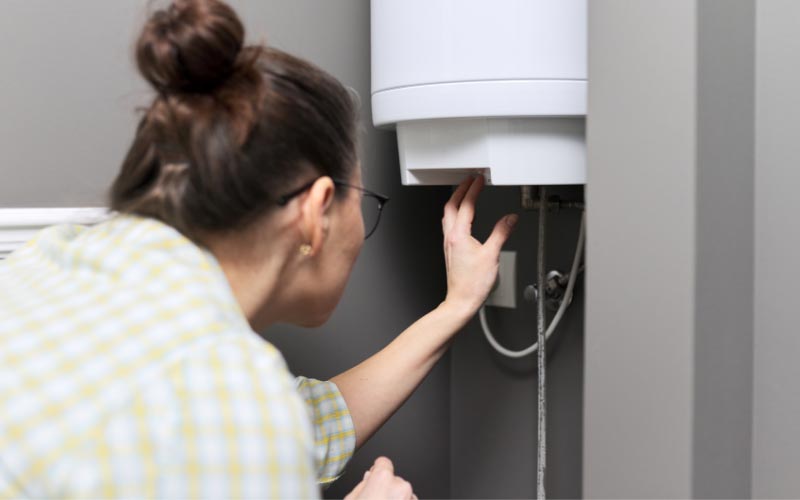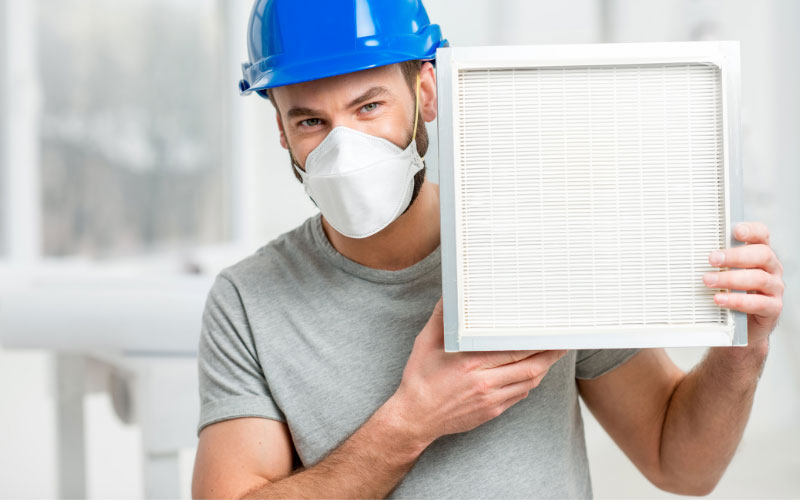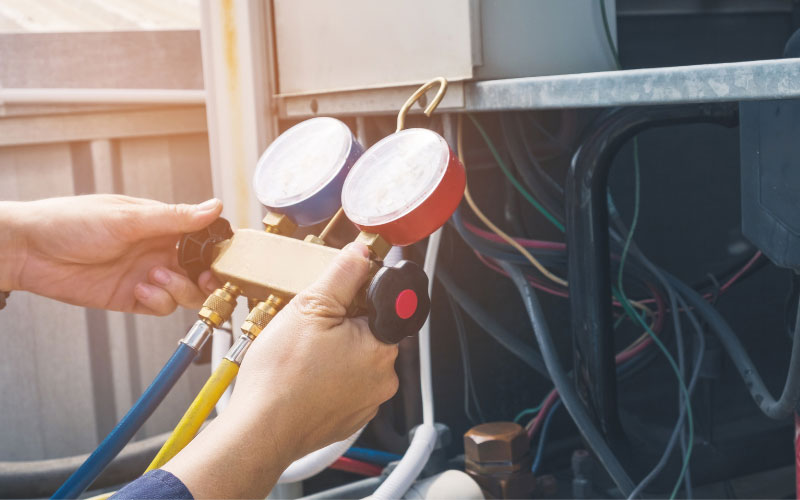We’ll say it: mold is one of the creepiest things you can find in your home. Whether it’s forgotten food in the back of the fridge, or ill-fitting clothes in the back of the closet, the mere thought of mold can be enough to give you the shivers. In rainy, humid places like Kerrville, mold may seem like a fact of life. But it doesn’t have to be. In this post, we’ll discuss ways to prevent mold in your home, and how to help keep it at bay if it does appear.
RISK ASSESSMENT
Take a look around your home for a few possible warning signs that could lead to mold.
We all know that mold is caused by moisture, which is why any excess water around the house is a bad thing. Keep an eye out for leaks of any kind! Even small amounts of water left in the shower or bathroom can lead to mold. Any leaks should be repaired immediately.
Dark, damp areas are notorious for mold. Check out the corner of the closet, even if it’s carpeted. And don’t just check the floors – walls or ceilings are susceptible, too.
High humidity is the norm outside of your home, but it shouldn’t feel humid inside! If your A/C isn’t doing the job, consider a dehumidifier to help remove excess moisture from the air.
PREVENT GROWTH
Let’s say you’ve already spotted some mold in your home. Don’t panic! Clean up the affected area so it doesn’t grow in that spot again, then follow these tips to prevent more spread:
As we mentioned above, a dehumidifier is a great way to reduce the moisture from inside your home. With the humidity under control, you’ll have a much better chance of keeping mold away.
There’s another ingredient besides water that must be present to create mold: bacteria. Thankfully airborne bacteria can be greatly reduced or eliminated through the use of an air purification system. The Lennox PureAir cleans all the air in your home as it moves through your HVAC system. This high-powered system connects directly to your HVAC, and keeps out a variety of toxins and contaminants, including odors!
WORTH THE CALL
If you’d like to improve airflow, get cleaner air, and reduce or eliminate mold in your home, give The Bosworth Company a call today! Our certified technicians can walk you through the best options for you and your family. Make an appointment online, or call us today at (830) 428-2764. It’s Worth the Call. Always.











